FM advocates better regional cooperation
Serbian Foreign Minister Vuk Jeremić on Monday in Belgrade opened an informal ministerial gathering of the South East European Cooperation Process (SEECP).
Tuesday, 31.01.2012.
12:37

Serbian Foreign Minister Vuk Jeremic on Monday in Belgrade opened an informal ministerial gathering of the South East European Cooperation Process (SEECP). Jeremic called on the countries of Southeastern Europe on Tuesday to improve their cooperation after a century of confrontation and war. FM advocates better regional cooperation He proposed a joint ceremony to mark the 100th anniversary of the Balkan wars, under the motto "From Balkan war to Balkan peace." "The phrase really unifies what we strive for, an unbreakable pattern of lasting cooperation between the nations included in the Southeast European Cooperation Process (SEECP)," he told the gathering in Belgrade today. The key question is whether the countries of Southeastern Europe have the will for such an effort after a century marked by political confrontation and constant wars, he stressed. According to Jeremic, it is possible to achieve that through a combination of hope, self-confidence and imagination. It is not just a joint vision and leaders' courage that is needed, but to direct strategic predictions so the whole region could benefit from such an effort, Jeremic remarked. Success rests in the ability to give up on old views in which others are seen as enemies and rivals, he thinks. "In the future, we will have to work together to find solutions to open issues in a way that would be acceptable to all who live in our countries," he underlined. "We will have to keep ourselves free of cynicism, fear and doubt. Such people have never been able to solve problems, but instead hung on to them until they reached boiling point," Jeremic stated. The informal summit in Belgrade brought together, among others, Croatian Foreign Minister Vesna Pusic, Montenegrin Foreign Minister Milan Rocen, Greek Foreign Minister Stavros Dimas, Macedonian Foreign Minister Nikola Poposki, and Turkish Foreign Minister Ahmet Davutoglu, as well as Head of the EU European External Action Service Miroslav Lajcak and Secretary General of the Regional Cooperation Council Hido Biscevic. Jeremic told journalists ahead of the meeting that a joint effort by regional neighbors could turn the anniversary into “yet another opportunity to get closer together and look to a common future, despite the fact that the entire region and the whole continent is faced with really serious problems.” “Today, we meet in Belgrade at the moment so difficult for the economy of Europe and the whole world. The economic moment is entailing political consequences, one of which is the enlargement enthusiasm ebbing, at least when it comes to the EU's speedy enlargement to the Balkans,” the Serbian minister said. The new developments only call for a more committed regional cooperation, Jeremic stressed. "In the times to come we will turn to one another and there will be an increasing need for a closer engagement within the neighborhood," Jeremic said. Pointing out that Tuesday's meeting was "extremely important", he recalled that last year Serbia had presided over practically all current regional organizations in this part of Europe. In 2012, Serbia took over the presidency of the Organization of the Black Sea Economic Cooperation, and a decision on the OSCE presidency for 2015 will be formally reached this year as well, the foreign minister said. He announced that the regular South East European Cooperation Process (SEECP) Summit will also be held in Belgrade this year. Jeremic is also holding a number of bilateral talks at the sidelines of the meeting. (Tanjug) Tanjug
FM advocates better regional cooperation
He proposed a joint ceremony to mark the 100th anniversary of the Balkan wars, under the motto "From Balkan war to Balkan peace.""The phrase really unifies what we strive for, an unbreakable pattern of lasting cooperation between the nations included in the Southeast European Cooperation Process (SEECP)," he told the gathering in Belgrade today.
The key question is whether the countries of Southeastern Europe have the will for such an effort after a century marked by political confrontation and constant wars, he stressed.
According to Jeremić, it is possible to achieve that through a combination of hope, self-confidence and imagination.
It is not just a joint vision and leaders' courage that is needed, but to direct strategic predictions so the whole region could benefit from such an effort, Jeremić remarked.
Success rests in the ability to give up on old views in which others are seen as enemies and rivals, he thinks.
"In the future, we will have to work together to find solutions to open issues in a way that would be acceptable to all who live in our countries," he underlined.
"We will have to keep ourselves free of cynicism, fear and doubt. Such people have never been able to solve problems, but instead hung on to them until they reached boiling point," Jeremić stated.
The informal summit in Belgrade brought together, among others, Croatian Foreign Minister Vesna Pusić, Montenegrin Foreign Minister Milan Roćen, Greek Foreign Minister Stavros Dimas, Macedonian Foreign Minister Nikola Poposki, and Turkish Foreign Minister Ahmet Davutoglu, as well as Head of the EU European External Action Service Miroslav Lajčak and Secretary General of the Regional Cooperation Council Hido Biščević.
Jeremić told journalists ahead of the meeting that a joint effort by regional neighbors could turn the anniversary into “yet another opportunity to get closer together and look to a common future, despite the fact that the entire region and the whole continent is faced with really serious problems.”
“Today, we meet in Belgrade at the moment so difficult for the economy of Europe and the whole world. The economic moment is entailing political consequences, one of which is the enlargement enthusiasm ebbing, at least when it comes to the EU's speedy enlargement to the Balkans,” the Serbian minister said.
The new developments only call for a more committed regional cooperation, Jeremić stressed.
"In the times to come we will turn to one another and there will be an increasing need for a closer engagement within the neighborhood," Jeremić said.
Pointing out that Tuesday's meeting was "extremely important", he recalled that last year Serbia had presided over practically all current regional organizations in this part of Europe.
In 2012, Serbia took over the presidency of the Organization of the Black Sea Economic Cooperation, and a decision on the OSCE presidency for 2015 will be formally reached this year as well, the foreign minister said.
He announced that the regular South East European Cooperation Process (SEECP) Summit will also be held in Belgrade this year.
Jeremić is also holding a number of bilateral talks at the sidelines of the meeting.










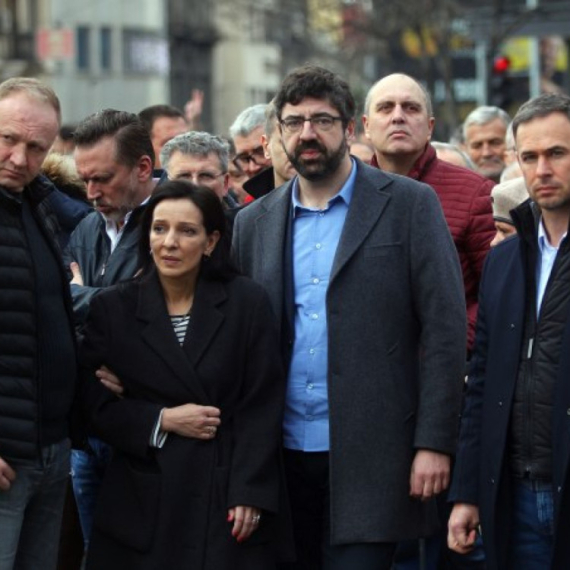

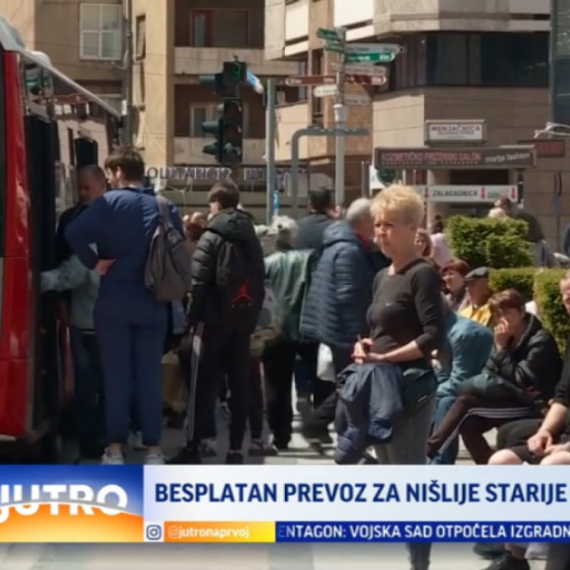




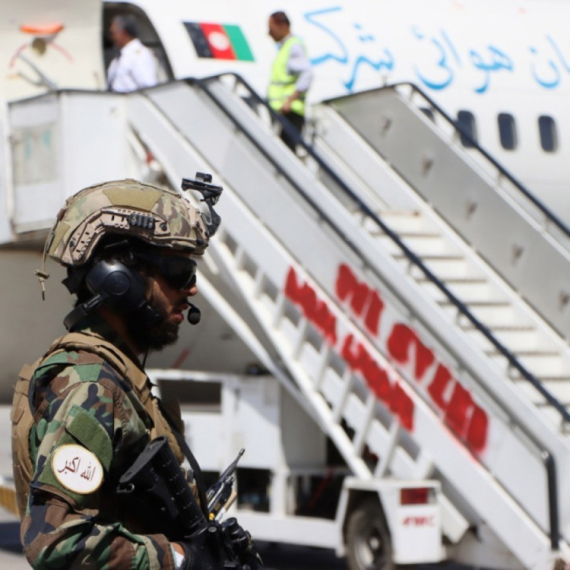



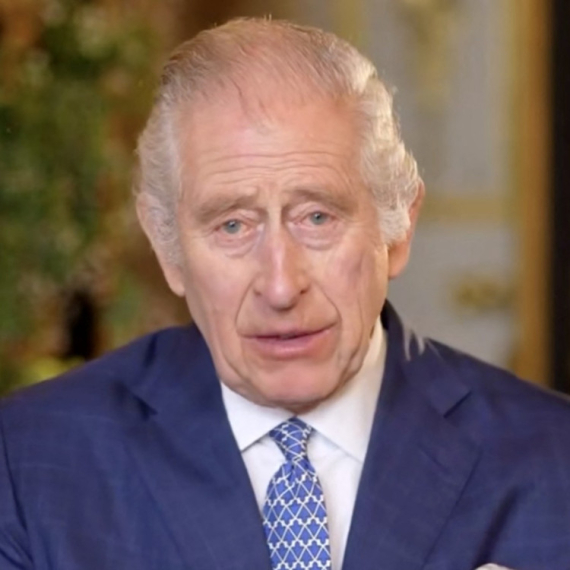
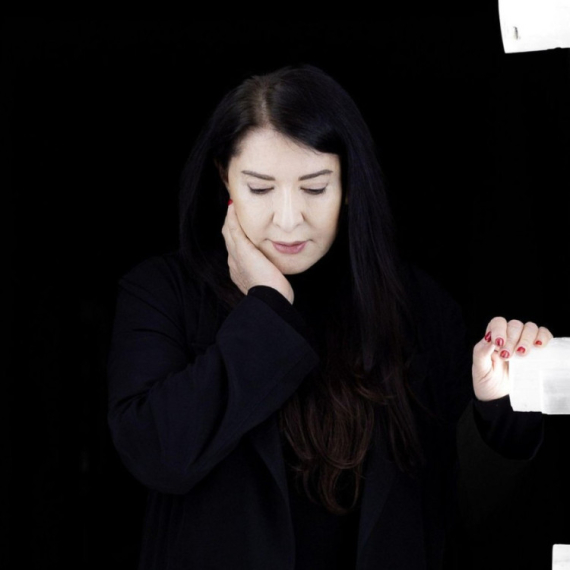









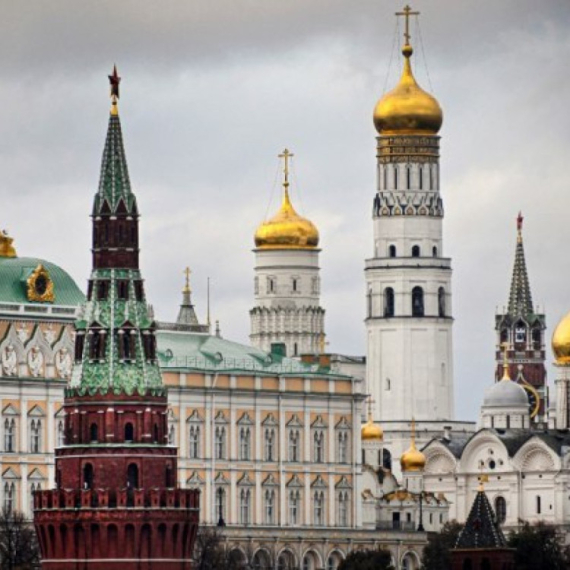












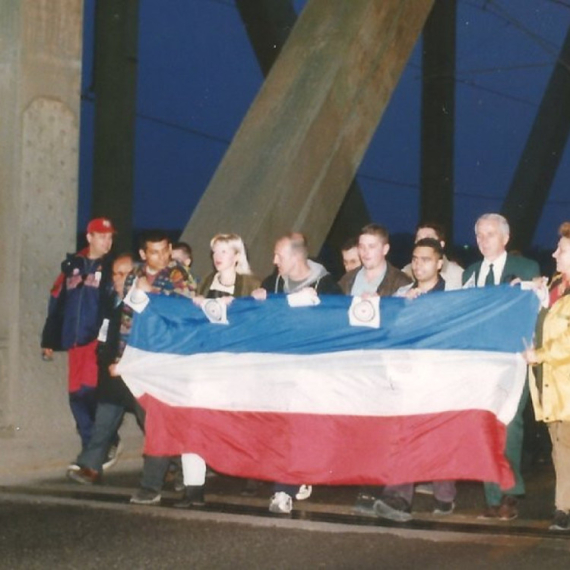



Komentari 7
Pogledaj komentare